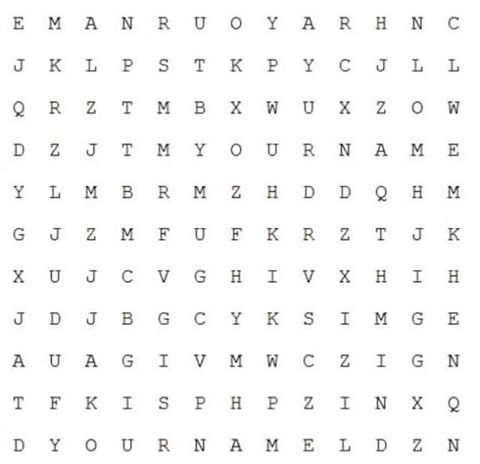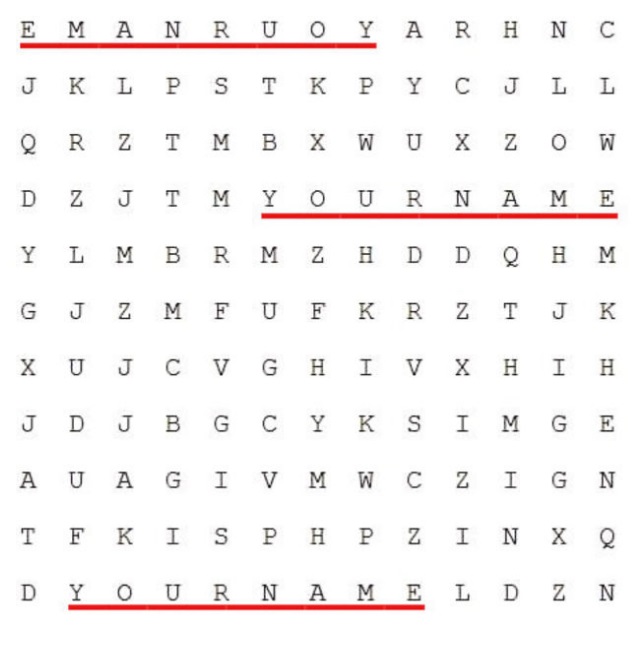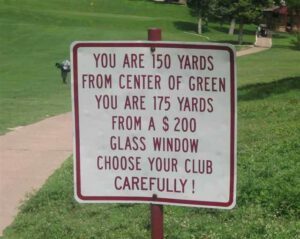
So, you’ve come across this little gem of a word finder and want to find out more about what it actually means. Well, don’t be overly worried if you weren’t able to find your name at all. It doesn’t mean that your brain doesn’t function as well as others. In fact, it doesn’t really mean anything. Let us explain.
The word finder asks the reader to find your name in the word finding puzzle. It’s often accompanied with a claim that those who can find your name have a higher functioning brain than others. Most people will begin scouring the page looking for their name, be in Robert, Jane or Jill. But lo and behold, it isn’t there, leaving many to feel inadequate and defeated. But then you notice something unusual. You do see a word or two, and it turns out to be your name, spelled exactly that way. Your faith in yourself has been restored.
What do the results mean?
The claim is that these types of puzzles help our brain because it’s not rapidly multitasking. When it’s rapidly multitasking the brain is under stress, and produces a toxic hormone called cortisol into the memory section of the brain. Over time this helps degrade memory retention. This claim has been backed up by several studies that have reported short term memory loss due to cortisol.
Well many pages will say that it is a great brain training game. It gets people to think more logically and out of the box, so to speak. The reason for this is it asks you a straight forward, but unspecified question. Find your name. The puzzle doesn’t know your name, so why should it be there? Some people will pick up on the trick instantly, some may take longer, but most can see through it. After searching the puzzle you will find the words “your name” three times.
What if you didn’t find your name?
Don’t worry. A lot of people will miss the obvious trick. It doesn’t mean anything really, because at the heart of it it’s still a trick designed to fool the brain and eyes. It doesn’t mean your brain functions any less than those who could see it. Your result could be due to tiredness, a busy and hectic lifestyle, distractions such as children or animals or pure inattentiveness.

Will these puzzles really help?
Yes, they will. There’s an old saying that if you don’t use it you’ll lose it. Regular active participation in these kinds of brain training games will certainly keep your intellectual mind working well, and will cause no harm at all. But beyond that there’s very little evidence that they will prevent short term memory loss as claimed elsewhere. There have been no widespread studies conducted, nor any papers by anyone in the actual field. But you know what? It doesn’t matter. They are fun and will help you keep an active mind, which is a good thing.







